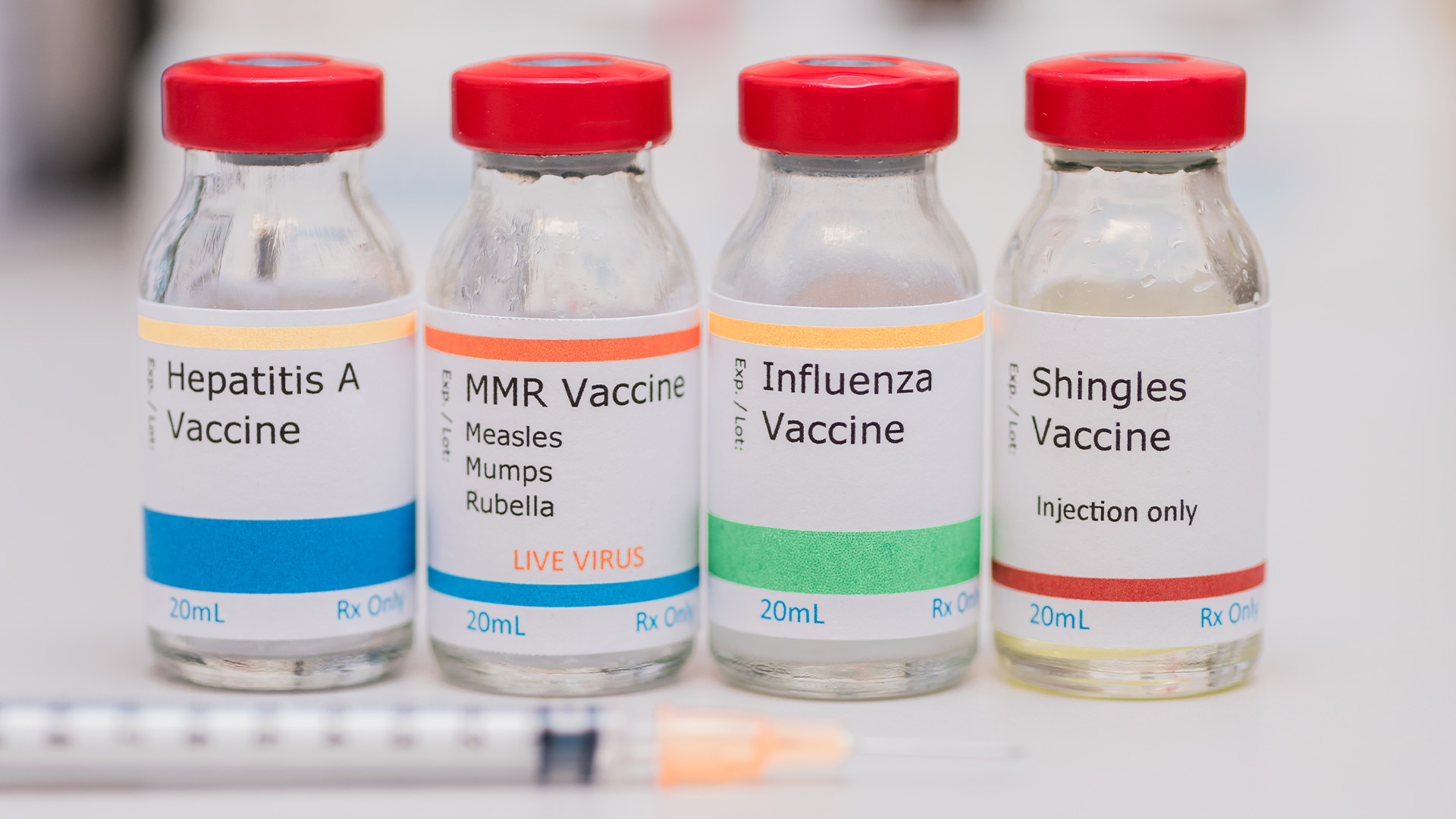Can Preventive Vaccines Extend Your Lifespan?
Preventive vaccines are a powerful tool in promoting healthy aging and extending lifespan. By boosting the immune system, preventing chronic diseases, reducing the risk of age-related infections, and improving the quality of life, vaccines play a critical role in helping older adults stay healthy and active.

When most people think of vaccines, they often associate them with childhood immunizations or protecting against seasonal illnesses like the flu. However, the role of preventive vaccines extends far beyond these common uses, especially as we age. While vaccines are primarily designed to prevent infectious diseases, there’s growing evidence that they may also play a significant role in extending lifespan and improving overall health as we grow older.
In this article, we’ll explore how preventive vaccines can impact longevity, reduce the risk of age-related diseases, and promote healthier aging. From boosting immunity to preventing life-threatening illnesses, preventive vaccines may be one of the best ways to ensure a longer, healthier life.
What Are Preventive Vaccines?
Preventive vaccines are designed to protect individuals from diseases before they occur. Unlike vaccines used to treat illnesses after someone has already been infected (like the flu vaccine), preventive vaccines are given to protect against diseases that may occur in the future. Some of the most common preventive vaccines include:
- Flu vaccine: To protect against seasonal influenza. - Pneumonia vaccine: To prevent infections caused by pneumonia, which can be especially dangerous for older adults. - Shingles vaccine: To protect against the painful shingles virus, which is more common in older individuals. - Hepatitis vaccines: To prevent liver disease caused by hepatitis B and C, which can lead to chronic liver conditions and cancer. - COVID-19 vaccine: To protect against severe illness caused by the coronavirus.
While these vaccines are all effective in preventing specific diseases, they also contribute to a broader strategy for healthy aging. Preventive vaccines help to strengthen the immune system, reduce the burden of chronic disease, and improve overall health, all of which can contribute to a longer lifespan.
How Preventive Vaccines Impact Aging and Longevity
1. Boosting the Immune System
As we age, our immune system naturally weakens, a process known as immunosenescence. This means that older adults have a less efficient immune response and are more vulnerable to infections and diseases. Preventive vaccines can help “boost” the immune system by providing additional protection against common infections, such as the flu, pneumonia, and shingles.
Vaccines help prime the immune system to recognize and fight off specific pathogens, providing long-lasting immunity that helps prevent severe illness and complications. By keeping the immune system strong, vaccines may help older adults stay healthier, reducing the risk of infections and preventing the complications that can come with age-related diseases.
Real Example: Queen Elizabeth II reportedly received the flu vaccine every year, helping her stay healthy and avoid respiratory illnesses, which can be particularly dangerous for older individuals.
2. Preventing Chronic Diseases and Complications
Many chronic diseases, such as pneumonia, cancer, and liver disease, are preventable or manageable with vaccines. For example, the pneumonia vaccine can protect against the two most common causes of pneumonia: Streptococcus pneumoniae and Haemophilus influenzae type b (Hib). These infections can cause severe complications, especially in older adults, leading to hospitalization or even death.
Vaccines like the hepatitis B vaccine can prevent chronic infections that may lead to liver damage and, over time, even liver cancer. By preventing these diseases before they develop, vaccines can reduce the risk of long-term health issues that would otherwise shorten lifespan.
In essence, preventive vaccines don’t just protect against short-term illnesses; they help protect against long-term health complications that can drastically reduce life expectancy.
3. Reducing the Risk of Age-Related Infections
As we get older, the risks of infection increase. The body’s ability to fight off infections weakens, and older adults often experience longer recovery times. Age-related infections like pneumonia, shingles, and influenza can cause significant health issues and, in some cases, even prove fatal. Preventive vaccines, such as the shingles vaccine, help protect against these infections, which are more prevalent and dangerous in older adults.
For example, the shingles vaccine helps prevent herpes zoster, a painful condition that can cause a painful rash and long-lasting nerve pain. Older adults are at a higher risk for shingles, and the complications associated with it can severely impact quality of life. By preventing these infections with vaccines, older individuals can avoid the long-term consequences and improve their overall health.
4. Enhancing Quality of Life in Older Age
In addition to extending lifespan, vaccines can significantly improve the quality of life for older adults. Preventing infections and diseases means that individuals can continue to live independently and enjoy a fulfilling life without the constant worry of falling ill. Healthy aging involves staying active, maintaining mental clarity, and enjoying a high quality of life. Preventive vaccines can help support this by reducing the likelihood of major health complications.
Vaccines like the flu vaccine and COVID-19 vaccine are especially important for elderly individuals, as respiratory infections can lead to severe complications, hospitalizations, and long-term health issues. By protecting against these infections, vaccines allow older adults to stay healthier for longer, minimizing the disruptions that illness can cause in daily life.
5. Reducing Healthcare Costs and Burdens
Preventive vaccines don’t just benefit individual health – they also reduce the financial burden on healthcare systems. Treating diseases like pneumonia, shingles, and the flu in older adults can be costly, especially when hospitalization is required. Preventive vaccines help reduce the occurrence of these diseases, leading to fewer hospital visits, lower treatment costs, and reduced strain on healthcare systems.
For individuals, preventing serious illnesses through vaccination can lead to lower medical expenses over time. By investing in preventive vaccines, people can save money on long-term treatments, medications, and hospitalizations, while also maintaining their health and independence.


